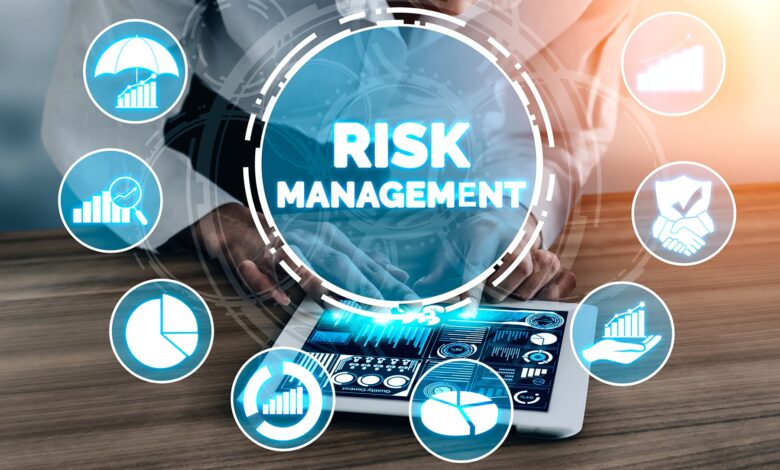3 Main Risk-Avoidance Strategies to Keep Your Business Secure

The current situation has had a significant impact on corporate activities all around the world. Many countries have enforced various levels of lockdowns, restricting movement both locally and internationally. Add in the fact that many countries’ markets (stocks, futures, bonds, etc.) have experienced unprecedented levels of volatility, and businesses all over the world are confronting an unprecedented situation in terms of current and possible impact on future operations.
Regardless, business must continue in some way. Although certain industries may be struck worse than others, all businesses will need to take proactive measures to mitigate the crisis’s negative effects and emerge stronger. Here are three Risk-Avoidance Strategies where immediate action is required.
Related: How to Set the Legal Framework for Your New Startup
1. Contracts
Contractual conditions are more likely to be broken as a result of the current interruption, whether it’s with suppliers, clients, partners, or any other third party. These hacks are risky because they can have a cascading impact, potentially crippling business operations. For instance, suppose a supplier fails to supply the materials you require to create your products for delivery to clients with whom you have contractual responsibilities.
It’s critical at this time to contact everyone with whom you have a contract to establish their position and whether or not they will be allowed to continue. You could also be the person who is unable to fulfill your end of a contract, so get all of your contracts reviewed by an experienced legal practitioner to determine exactly what your obligations are in each one.
You may be able to declare force majeure to relieve your business of potential liability, depending on the form of the contract and how the pandemic has affected your business operations. It’s “a term typically found in contracts that frees both parties from obligation if an extraordinary event prevents one or both parties from performing,” according to Cornell University. However, you should get professional advice before proceeding, as there are a few requirements, such as making an effort to minimize the interruption and giving notification in a timely manner.
2. Remote Work
Employees are a company’s lifeblood, and keeping them safe, happy, and productive is critical to its success. Depending on where you do business, you may already be required to allow your workers to work from home or provide paid time off. Compliance is critical, and it must be achieved as soon as feasible.
“Aside from breaking the law, failing to take the necessary precautions to keep your employees safe during the pandemic may expose you to liability for carelessness and any illnesses your employees may contract as a result, a firm with over 10,000 employees. “However, check to see if your industry or firm has been included on the essential services exemption, or seek to open so you can alter your operations and keep going forward.” When you get back to work, make sure that you go above and above the government’s minimum guidelines to make fundamental improvements that support employee health, even if that involves rebuilding the office space. The majority of our meetings, including worldwide workshops that we used to go around the world to, have been shifted online.”
Risk-Avoidance Strategies Tip: To make the most of remote work, create a lesson for your employees and arrange meetings using video-conferencing software. You may also use a time-tracking tool to check that your employees are working as they should, but this should be a last resort because it can sometimes lead to animosity.
Related: 6 Important Areas of Law Every Business Owner Needs to Know
3. Sales Fluctuations
Unless your business benefits from people spending a lot of time indoors (such as Netflix), you will almost certainly experience a drop in sales as a result of the pandemic.
Many companies are attempting to reverse this trend by providing discounts to customers, but this may not be the greatest strategy, particularly in the long run. As this research paper by KPMG points out, no one knows how long these price freezes will last, so reducing your pricing today could lead to a downward spiral in which you start competing primarily on price with other companies doing the same.
Risk-Avoidance Strategies Tip: A better idea is to consider stepping up your marketing game. “Communicating the value of your products and services while introducing new perks and easing your terms (for example, return policies) is a lot better technique than outright price decrease.” You should also focus on strengthening your sales system through virtual training and mentorship so that they may better harness technology to increase sales without jeopardizing your brand equity.”












3 Comments